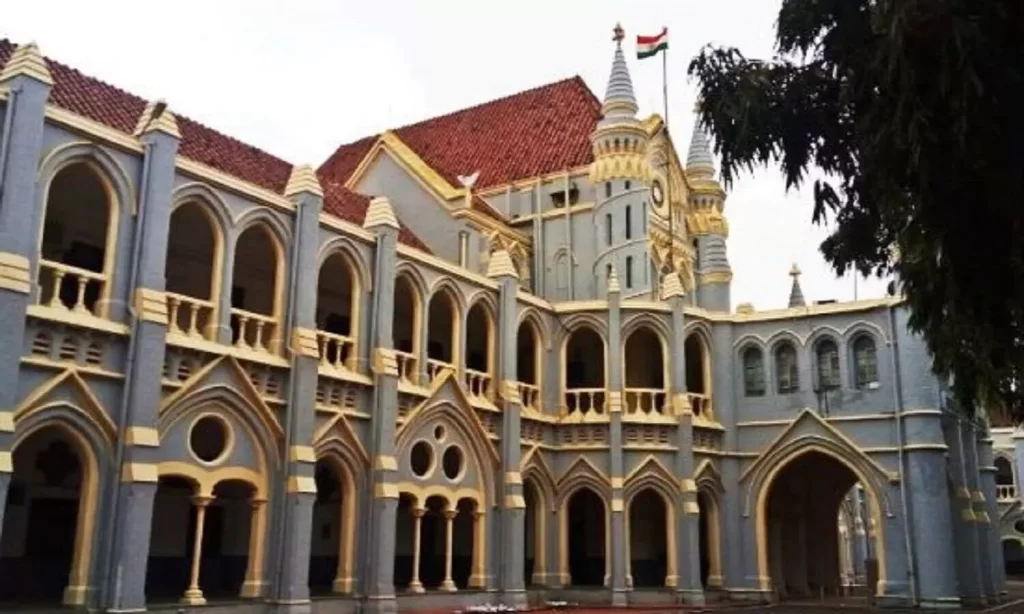Jahanvi Agarwal
Former Madhya Pradesh High Court Judge Rohit Arya, known for his notable rulings, has once again caught public attention, this time by joining the BJP, three months post-retirement. The induction took place on (date), in the presence of Deputy Chief Minister Rajendra Shukla. During a seminar, Justice Arya praised the government’s efforts, stating, “Changing the Penal Code to Justice Code is a significant achievement” and that this move would enhance lives in the future.
He added, “The Penal Code was imposed on Indians during British rule with the intention of punishing them. The spirit of justice existed in our country during the Ram Rajya and Mahabharata era as well.” Arya further claimed that the British were intimidated by India’s culture and spirituality, leading them to diminish Sanskrit and promote English.
Starting his legal career in 1984, Arya was designated a Senior Advocate by the Madhya Pradesh High Court on August 26, 2003. With nearly three decades of experience, he specialized in civil, arbitration, administrative, service, labour, and tax laws. Arya held multiple significant positions throughout his career, including serving as Senior Panel Counsel for Madhya Pradesh in the Supreme Court (2007-2013) and Standing Counsel for the Income Tax Department in both Madhya Pradesh (1999-2012) and Chhattisgarh (2009-2012).
Additionally, he represented the Telecom Department in the Madhya Pradesh High Court and the Jabalpur bench of the Central Administrative Tribunal from 1991 to 2003 and was the Standing Counsel for Bharat Sanchar Nigam Limited (BSNL) in the Madhya Pradesh High Court and Jabalpur bench of the CAT from 2003 to 2013. Arya was appointed as a Judge of the Madhya Pradesh High Court on September 12, 2013, and became a permanent judge on March 26, 2015.
During his tenure, Arya made headlines with several controversial decisions. In 2021, he denied bail to stand-up comedians Munawar Faruqui and Nalin Yadav, accused of hurting religious sentiments and violating COVID-19 protocols during a show in Indore. He noted that the “evidence collected shows outraging religious feelings of a class of citizens of India with deliberate intendment,” and emphasized that “the State must endeavor to ensure that this ecosystem and sustenance of coexistence in our welfare society is not polluted by negative forces.” The Supreme Court later overturned this decision, granting bail to Faruqui.
In another widely discussed case, Arya granted bail to a man accused of outraging a woman’s modesty on the condition that he present himself to the complainant on Raksha Bandhan and get a Rakhi tied on his wrist, also promising to “protect” her.
This decision was heavily criticized and subsequently overturned by the Supreme Court, which issued directives to lower courts on handling bail pleas in crimes against women, stressing that they should “desist from expressing any stereotype opinion such as women are physically weak, should be submissive and obedient, good women are sexually chaste, among other others.”

